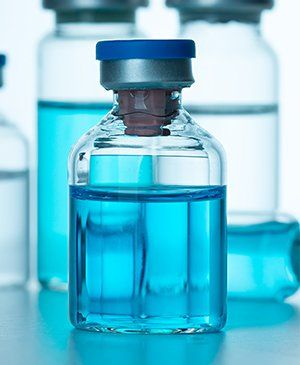Proposed Rule to Open Biosimilar Competition
The FDA does not allow pharmaceutical companies with licensed biologics and biosimilars to reference the drug master files for any information regarding drug substances. Recently, this has resulted in a lack of supply and declining biosimilar competition. The FDA has realized that this act has put a damper on the ability to access various health treatment options, not to mention the skyrocketing costs of drugs like insulin. In March of 2020, the FDA is proposing to transition the ownership of all drug master files previously licensed under the FD&C Act to the Public Health Service (PHS Act).
This new rule will apply aspects of the Biologics Price Competition and Innovation Act of 2009 (BPC Act). There are 89 compounds that fit the description, one of which insulin. Since insulin is still classified as a drug even though it is a hormone, it is not open to biosimilar production, resulting in the current state of low supply and skyrocketing costs. The new transition would reclassify this and other substances as biologics. As such, any biosimilars listed under the PHS Act will formally be able to reference the FD&C drug master files for development, following CMC regulatory compliance.
The PHS Act is projected to save approximately $2.5 million, and it’s expected that this Act will prevent various drug shortages like the current insulin scarcity. This will allow for greater access, especially for lower-income families.
The FDA seems to be taking a step in the right direction. Opening up the drug master files will not only be beneficial for their company as a whole, but public health will improve as well.
Blog Categories
Stay Informed



